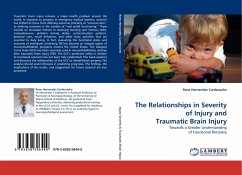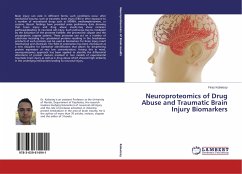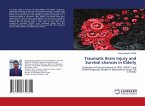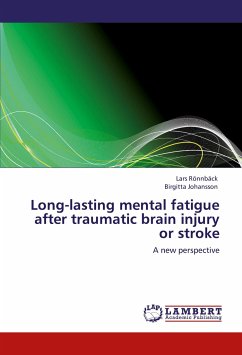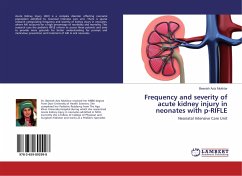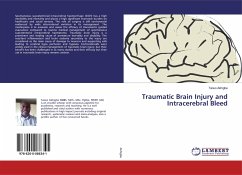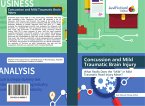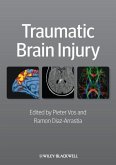Traumatic brain injury remains a major health problem around the world. In response to progress in emergency medical systems, research has shifted its focus from defining outcome primarily as survival rates, to defining outcome in the context of real world functioning. These include an increased interest in assessing learning and memory skills, comprehension, problem solving ability, communication patterns, personal care, social behaviors, and other basic activities that are essential to daily living. In fact, evaluating the functional status and outcome of individuals sustaining TBI has become an integral aspect of neurorehabilitation programs around the United States. The Glasgow Coma Scale (GCS) has been routinely used in neurorehabilitative settings after traumatic brain injury (TBI). The GCS s predictive utility in relation to functional outcome has not been fully established. This book explores and discusses the relationships of the GCS to rehabilitative progress.The analysis should assist clinicians in predicting prognosis. The findings, the implications of the results, and suggestions for future research are also presented.
Bitte wählen Sie Ihr Anliegen aus.
Rechnungen
Retourenschein anfordern
Bestellstatus
Storno

